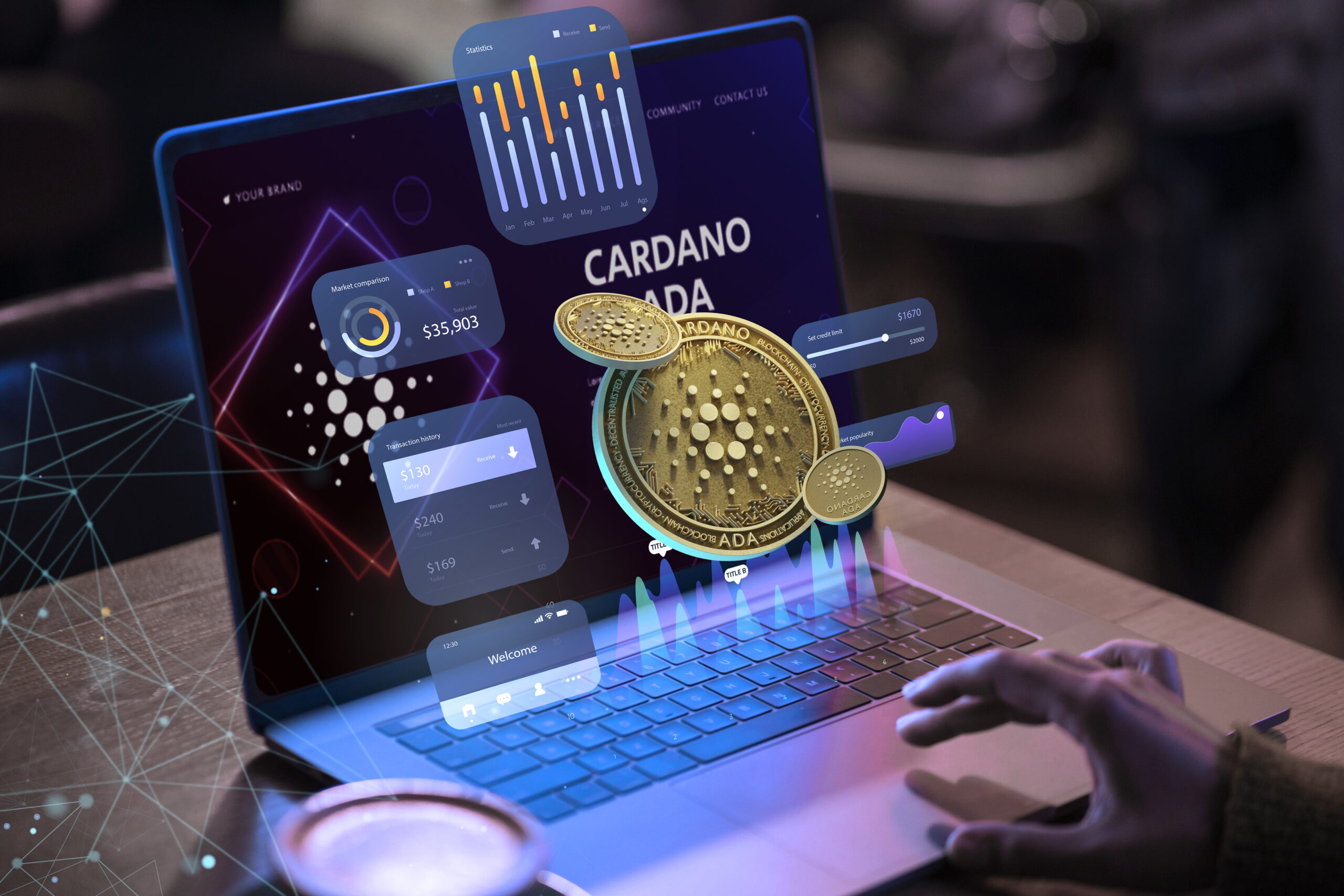Cryptocurrency Mining has become a hot topic of the digital age, with its unique blend of technology and finance sparking the interest of many people considering cryptocurrency as an investment. However, the concept of mining cryptocurrencies on a virtual PC is often met with skepticism and confusion. This comprehensive guide sheds light on this intricate subject, exploring the potential, limitations, legality, and profitability of virtual PC cryptocurrency mining.
Can You Mine Crypto on a Virtual PC?
Yes, it is technically possible to mine cryptocurrency using a virtual PC. However, several caveats and limitations need to be considered:
1. Limited Hardware Access: Virtual PCs have restricted access to the processing power of your GPU and CPU, severely hampering their mining performance.
2. Performance Bottleneck: Mining on virtual PCs will be much slower and less efficient than using dedicated hardware, leading to lower mining rewards and potential resource wastage.
3. Software Compatibility Issues: Some mining software may not be compatible with virtualized environments, adding complexity to the mining process.
4. Resource Consumption: Mining on virtual machines can consume a significant amount of CPU and memory resources on your host computer, leading to performance issues for other software running on the same machine.
While these downsides are significant, they can be mitigated to some extent. You can enhance the performance of your virtual PC by configuring it with dedicated resources and optimizing your software settings. However, even with these optimizations, mining on virtual hardware is likely to be less profitable than using dedicated mining rigs or hardware specifically designed for cryptocurrency mining.
Understanding Cryptocurrency Mining

Cryptocurrency mining is a complex digital process, significantly differing from conventional mining that employs physical tools. Let’s take a look into the nitty-gritty of cryptocurrency mining, to understand the sophisticated procedure of generating digital currency using high-powered computers.
The Cryptocurrency Mining Process: An Overview
1. Transaction Grouping: New cryptocurrency transactions are compiled into a pool, each carrying information about itself and a processing fee.
2. Block Creation: Miners cherry-pick certain unverified transactions from the pool to form a block. Transactions may be prioritized based on size, age, and processing fees.
3. Mathematical Puzzle Resolution: Miners compete to solve a complex mathematical puzzle linked to the block. This puzzle involves finding a specific number (nonce) that produces a valid hash when combined with the block’s data.
4. Solution Broadcasting: The miner who successfully discovers the correct nonce and hash broadcasts it to the wider blockchain network.
5. Verification by Other Miners: Other miners within the network verify the accuracy of the broadcasted hash. Consensus is achieved when a sufficient number of miners confirm its correctness.
6. New Block Addition: The miner who first broadcasts the correct hash processes the transactions in the block, officially appending a new block to the blockchain. This confirmation process extends to all transactions within the block, and it may also involve the creation of new digital tokens.
7. Reward Allocation: As a reward for their efforts, the miner responsible for adding the new block to the blockchain receives rewards, typically consisting of transaction fees and newly minted tokens.
It’s essential to understand that cryptocurrency mining requires substantial computing power. Miners employ specialized hardware such as ASICs and GPUs. Any participant with the necessary computational capabilities and internet access can participate in mining, reinforcing a decentralized process that enhances the security of proof-of-work blockchain networks.
Legal Considerations for Mining Cryptocurrency on a Virtual PC
Mining cryptocurrency on a virtual PC is generally legal, but there are some important considerations to keep in mind:
1. Check Terms of Service: Review the terms of service of your cloud provider or virtual machine software. Some providers may have policies against cryptocurrency mining due to resource consumption and potential hardware damage.
2. Local Regulations: Be aware of local laws and regulations regarding cryptocurrency mining. Some regions may have specific rules or restrictions on mining activities.
3. Respect Resource Usage: Even if it’s legal, be mindful of resource usage. Mining can be resource-intensive, and excessive consumption may violate terms of service or local regulations.
4. Consider Alternatives: Explore alternative mining options, such as dedicated mining hardware or cloud mining services, which may offer better performance and legal clarity.
Suitable Cryptocurrencies for Virtual PC Mining

In theory, any cryptocurrency that relies on the Proof of Work (PoW) consensus mechanism can be mined on a virtual PC. However, the practicality and profitability of mining on a virtual PC vary depending on the cryptocurrency’s resource requirements and the virtual PC’s computing power.
1. Monero (XMR): Monero is known for its privacy features and is often considered a suitable choice for CPU mining.
2. Ravencoin (RVN): Ravencoin is designed for asset transfers and token creation. It is ASIC-resistant, meaning it can be mined with GPUs and CPUs.
3. Electroneum (ETN): Electroneum is designed for mobile mining and is optimized for CPU mining.
4. Bytecoin (BCN): Bytecoin is another privacy-focused cryptocurrency that is often mined using CPUs.
While these cryptocurrencies are more suitable for virtual PC mining compared to Bitcoin or Ethereum, it’s important to note that the profitability of mining on virtual PCs is generally low. Mining on dedicated hardware or using cloud mining services is typically more cost-effective.
How to Mine Cryptocurrency on a Virtual PC? (Step-By-Step Guide)
1. Operating System: Your laptop’s existing operating system is suitable for mining. However, consider overclocking your equipment slightly using tools like MSI Afterburner to reduce wear on the cooling system.
2. Choose the Right Miner: Select a Miner program that’s compatible with your hardware. AMD and Nvidia video cards work better with different mining applications.
3. Program Functionality: Look for mining programs with flexible functionality, allowing you to utilize only a portion of your laptop’s mining capacity.
Should You Mine Cryptocurrency on a Virtual PC?
Mining cryptocurrency on a virtual PC is generally not advised due to several drawbacks and limitations:
1. High Energy Costs: Cryptocurrency mining consumes a significant amount of electricity, and virtual PC mining is highly inefficient, leading to even higher energy costs.
2. Low Profitability: Mining on a virtual PC typically yields fewer rewards compared to dedicated hardware.
3. Risk of Account Suspension: Many cloud providers prohibit mining due to its resource-intensive nature and potential hardware damage.
4. Insufficient Optimization: Virtual machine software is not optimized for mining, meaning you may not achieve optimal performance for profitable and efficient mining, even with dedicated resources.
5. Limited Upgradeability: Upgrading a virtual PC can be complex and depends on the provider and configuration. Scaling up mining operations may be challenging.
Alternatives to Consider Include
1. Cloud Mining: Rent mining power from remote servers for greater convenience and accessibility.
2. Mining Pools: Combine resources with others to increase profitability.
3. Specialized Mining Hardware: Invest in dedicated mining equipment for efficiency and profitability.
Conclusion
While cryptocurrency mining on a virtual PC is technically possible, it is generally not recommended due to several significant drawbacks. The decision to mine on a virtual PC should be based on individual circumstances and goals, but the limited profitability suggests investigating other options for cryptocurrency mining.

